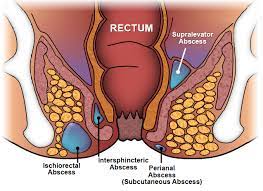Perianal Abscess
India
-
Our Price USD 1980
-
Hospital Price USD 2200
-
You Save : USD 220
Booking Amount: USD 198. Pay Remaining 90% at the hospital.
Book NowAdditional Credit
Among the important extras we offer as part of the Additional Credit are the following:
-
Site Tourism For The Patient & Attendant
-
Airport Pick & Drop Service
-
Ambulance service at airport
-
Priority appointments with The Doctor
-
Cancel Easily Anytime with Full Refund
-
Room Upgradation
-
Free Online Doctor Consultation Valued at USD 20
-
Free hotel Stay for 5 to 7 days Accordingly
-
Welcome Kit at Arrival
-
Interpreter
-
Medical Visa Assistance
What is Included?
- Doctor consultation charges
- Lab tests and diagnostic charges
- Room charges inside hospital during the procedure
- Surgeon Fee
- Cost of implant
- Nursing charges
- Hospital surgery suite charges
- Anesthesia charges
- Routine medicines and routine consumables (bandages, dressings etc.)
- Food and Beverages inside hospital stay for patient and one attendant.
What is not Included?
- Extra Radiology Investigations
- Healthcare Professionals Charges of other consultations.
- Other Requested Services such as Laundry etc.
- Additional Pharmaceutical Products and Medicines After Discharge from Hospital.
- Management of Conditions Unrelated to Procedures or Pre-Existing.
- The cost of any additional implants will be in addition to the package cost.
Package Description
Perianal Abscess:
This procedure empties a pus-filled pocket in the anal or rectal region. The majority of the discomfort caused by your abscess will most likely go away following surgery. However, the incision in your anal region may cause slight pain for many days following the procedure.
Most individuals with perianal abscesses will not require further drainage, but others will develop a fistula, a drainage route that connects the anal canal to the skin, necessitating surgery.
Disease Overview:
Inflammatory bowel disease
Inflammatory bowel disease (IBD) is a catch-all name for a variety of illnesses involving persistent inflammation of the intestines. The following are examples of IBD types:
Ulcerative colitis is a condition in which the intestines become inflam Inflammation and sores (ulcers) occur along the superficial lining of your large intestine (colon) and rectum with this illness. Crohn's disease is a chronic inlammatory bowel illness. Inflammation of the lining of the digestive tract, which can sometimes affect the deeper layers of the digestive tract, is the hallmark of this kind of IBD.
Diarrhea, rectal bleeding, stomach discomfort, exhaustion, and weight loss are common symptoms of ulcerative colitis and Crohn's disease.
IBD is debilitating, and it can occasionally result in life-threatening complications.
Disease Signs and Symptoms:
The intensity of inflammation and where it occurs determine the symptoms of inflammatory bowel disease. The signs and symptoms might range from minor to severe. Periods of active sickness will most likely be followed by periods of remission.
Both Crohn's disease and ulcerative colitis share the following signs and symptoms:
- Diarrhea
- Fatigue
- Cramping and discomfort in the abdomen
- Reduced appetite due to blood in the stool
- Weight reduction that was unintentional
Disease Causes:
Irritable bowel illness has yet to be pinpointed as a cause. Diet and stress were formerly assumed, but physicians now know that these variables can worsen IBD but aren't the cause.
A dysfunction of the immune system is one probable reason. When your immune system tries to fight off an invading virus or bacteria, an aberrant immunological response causes your immune system to attack your digestive tract cells as well. IBD is more prevalent in persons who have family members who have the disease, which suggests that heredity may play a role. Most persons with IBD, on the other hand, do not have this familial history.
Factors that are at risk
Age. The majority of persons with IBD are diagnosed before they reach the age of 30. However, some people do not get the condition until they are in their 50s.
Ethnicity or race. Although whites are at the largest risk of contracting the disease, it can affect people of any colour.
History of the family. If you have a close family with the condition, such as a parent, sibling, or kid, you're at a higher risk.
Smoking cigarettes. The most important controllable risk factor for Crohn's disease is cigarette smoking.
It's possible that smoking can help prevent ulcerative colitis. However, the harm tobacco does to your overall health outweighs any benefits, and quitting smoking may enhance the overall health of your digestive system as well as bring a slew of other health advantages.
NSAIDs are nonsteroidal anti-inflammatory drugs. Ibuprofen (Advil, Motrin IB, and others), naproxen sodium (Aleve), diclofenac sodium, and others are among them. These drugs may raise the risk of IBD or aggravate the condition in persons who already have it.
Disease Diagnosis:
After ruling out other probable explanations for your signs and symptoms, your doctor will most likely diagnosis inflammatory bowel disease. You'll need a mix of tests and procedures to confirm an IBD diagnosis:
Tests in the lab
Anemia and infection tests. Blood tests may be recommended by your doctor to check for anaemia (a disease in which there aren't enough red blood cells to provide enough oxygen to your tissues) or evidence of bacterial or viral infection.
Stool research. You may be asked to give a stool sample so that your doctor may check for concealed (occult) blood or organisms in your faeces, such as parasites.
Procedures involving endoscopy
Colonoscopy. Using a tiny, flexible, illuminated tube with a camera at the end, your doctor may observe your whole colon. Your doctor may also extract tiny samples of tissue (biopsy) for laboratory analysis during the operation. The only method to tell if you have IBD or another type of inflammation is to have a biopsy.
Flexible sigmoidoscopy is a kind of sigmoidoscopy that allows you to move The rectum and sigmoid, the final piece of your colon, are examined using a slender, flexible, lighted tube by your doctor. This test may be used instead of a complete colonoscopy if your colon is highly irritated.
Endoscopy of the upper intestine. In this operation, your doctor examines the oesophagus, stomach, and first section of the small intestine with a thin, flexible, lighted tube (duodenum).
While it is uncommon for these areas to be affected by Crohn's disease, if you are experiencing nausea and vomiting, trouble eating, or upper abdominal pain, this test may be indicated.
Endoscopy of the capsule. This test may be performed to aid in the diagnosis of Crohn's disease that affects your small intestine. You take a capsule with a camera in it and swallow it. The photographs are sent to a recorder worn on your belt, and the capsule then passes through your body painlessly in your faeces. An endoscopy with a biopsy may still be required to confirm a Crohn's disease diagnosis. If there is a bowel blockage, capsule endoscopy should be avoided.
Enteroscopy with the use of a balloon. A scope is utilised in combination with an overtube device for this exam.
This allows the clinician to see farther into the small intestine than ordinary endoscopes can. When a capsule endoscopy reveals anomalies but the diagnosis remains a mystery, this approach can help.
Procedures for imaging
X-ray. If your symptoms are severe, your doctor may do a conventional abdominal X-ray to rule out major problems such a perforated colon.
A CT scan is a type of computerised tomography. You could need a CT scan, which is a type of X-ray that shows greater information than a regular X-ray. The whole colon as well as tissues outside the gut are examined in this examination. CT enterography is a type of CT scan that gives you a clearer picture of your small intestine. In many medical institutions, this test has taken the place of barium X-rays.
Magnetic resonance imaging (MRI) is a type of imaging that (MRI). An MRI scanner creates comprehensive pictures of organs and tissues using a magnetic field and radio waves. An MRI is especially beneficial for assessing a fistula around the anal region (pelvic MRI) or the small intestine (small intestine MRI) (MR enterography). MRI, unlike CT, does not expose you to radiation.
Disease Treatment:
Irritable bowel disease therapy aims to lessen the inflammation that causes your signs and symptoms. In the best-case scenario, this might result in not just symptom alleviation but also long-term remission and lower complications risks. Drug therapy or surgery are frequently used to treat IBD.
Anti-inflammatory medications are frequently used as the first line of defence against inflammatory bowel disease. Corticosteroids and aminosalicylates are examples of anti-inflammatories. The type of medicine you take is determined by which part of your colon is impacted.
Suppressors of the immune system
These medications dampen the immune response, which sends inflammation-inducing substances into the body, in a number of ways. When these substances are produced, they can harm the lining of the digestive tract.
Biologics are a novel type of medicine that focuses on neutralising inflammatory proteins in the body.
Antibiotics may be used in conjunction with other drugs or when infection is a worry — for example, in the case of perianal Crohn's disease.
To treat your IBD, your doctor may suggest a specific diet administered through a feeding tube (enteral nutrition) or nutrients injected into a vein (parenteral nutrition). This can help you eat better and give your bowels a break. In the near term, bowel rest can help to lessen inflammation.
Surgery
If diet and lifestyle modifications, pharmacological therapy, and other therapies aren't enough to relieve your IBD symptoms, your doctor may suggest surgery.
Ulcerative colitis is treated with surgery. The whole colon and rectum are removed, and an internal pouch linked to the anus is created, allowing for bowel movements without the need of a bag. It is not always possible to use a pouch. Rather, doctors build an ileal stoma (permanent hole in the belly) through which excrement is delivered and collected in an attached bag.
Crohn's disease surgery. Approximately two-thirds of persons with Crohn's disease will require surgery at some point in their lives. Surgery, on the other hand, does not cure Crohn's disease.
Your surgeon will remove a damaged segment of your digestive tract and then rejoin the healthy sections during surgery. Fistulas and abscesses can also be treated with surgery. The advantages of Crohn's disease surgery are typically just transitory. Recurrence of the illness is common, especially near the rejoined tissue. To reduce the chance of recurrence, it is better to combine surgery with medication.
Information related to Treatment
Package Details
Days in Hospital
1 Days
Days in Hotel
*
5 Days
Room Type
Private
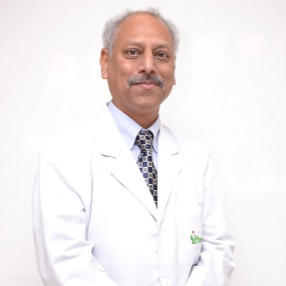
Treating Doctor
Dr. Sudhir Sharma
Bariatric Surgeon- Laparoscopic surgeon, Kidney Stone Specialist, Gastric Sleeve Surgery, Piles Treatment (Non Surgical), Removal Of Stitches Procedure, Gastric Bypass Surgery, Gastric Band Surgery, Gastric Balloon Treatment, Fitsula treatment
Fortis Hospital Noida Noida, India
21 Years of Experience
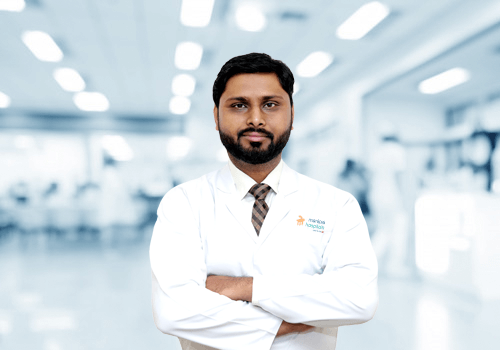
Treating Doctor
Dr Ankit Prasad
Pediatrician- Irritable Bowel Syndrome ( IBS ) Treatment, Irritable Bowel Syndrome ( IBS ) Treatment, Irritable Bowel Syndrome ( IBS ) Treatment, Constipation in child, Feeding and Swallowing Problems, Dysphagia, Abdominal pain in child, Chronic diarrhea in child
Fortis Hospital Noida Noida, India
26 Years of Experience
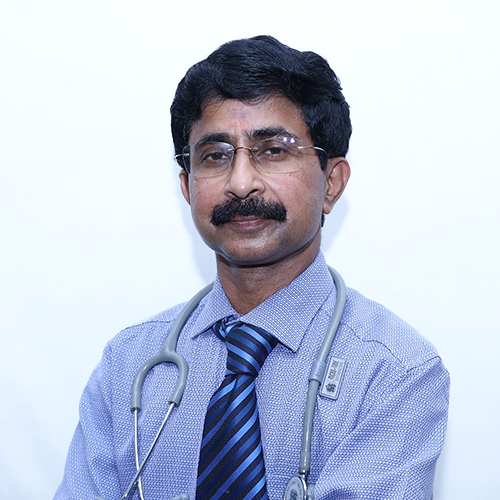
Treating Doctor
Dr. P.Sathish
Gastroenterologist- Gynecologic oncologist, GERD Surgery, Therapeutic Endoscopy, Liver Disease Treatment, Oesophageal cancer, Liver Surgery, EUS Guided Cystogastrostomy, Liver Disease Treatment, Inflammatory Bowel Disease (IBD) Treatment, Splenectomy, Splenectomy, Abdominal Cancer Surgeries
Vijaya Hospital, Chennai Chennai, India
29 Years of Experience
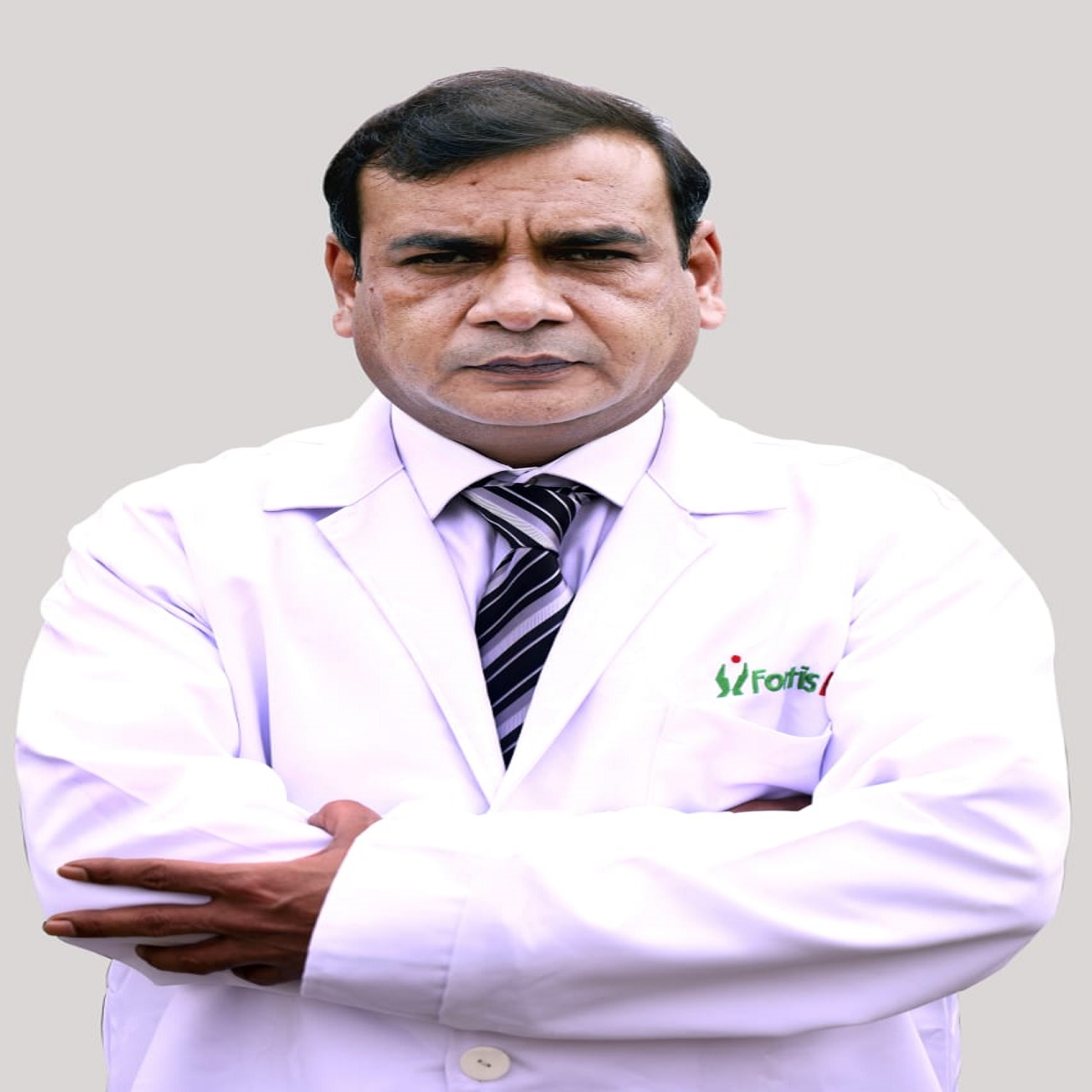
Treating Doctor
Dr. Sanjay Verma
General surgeon- Laparoscopic surgeon
Fortis Escorts Heart Institute New Delhi, India
20 Years of Experience
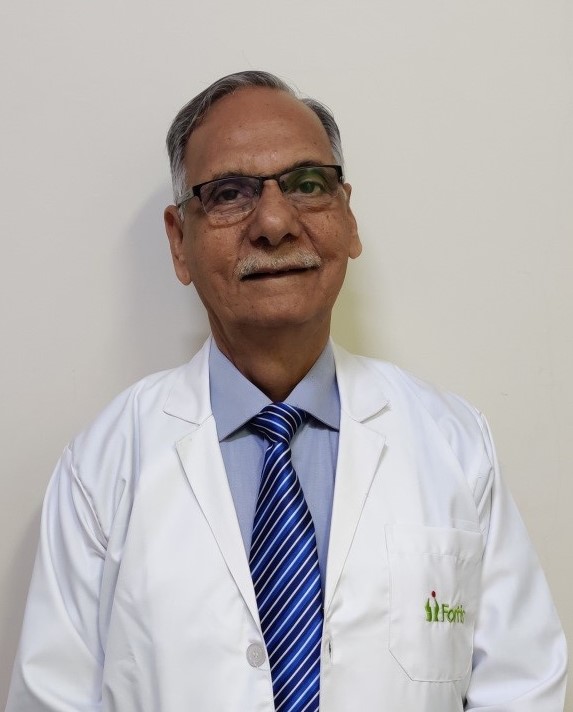
Treating Doctor
Dr. Anand Kumar Chaturvedi
General surgeon- Hernia Surgeon, Appendicectomy, General Surgery, Laparoscopic Appendicectomy, Fitsula treatment, General Surgery, General Surgery
Fortis Hospital Noida Noida, India
45 Years of Experience
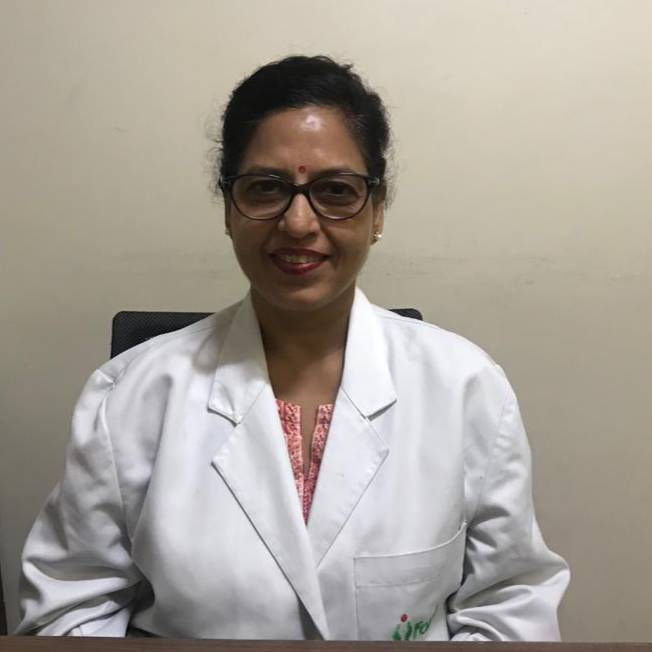
Treating Doctor
Dr Kavita Saxena
General surgeon- Laparoscopic surgeon, Hernia Surgeon, Hernia Surgeon, Hernia Surgeon, Piles Surgeon, Cryotherapy, Breast surgery & MIPH (For Hemorrhoids and Ano reetal surgeries)
Fortis Hospital Noida Noida, India
35 Years of Experience
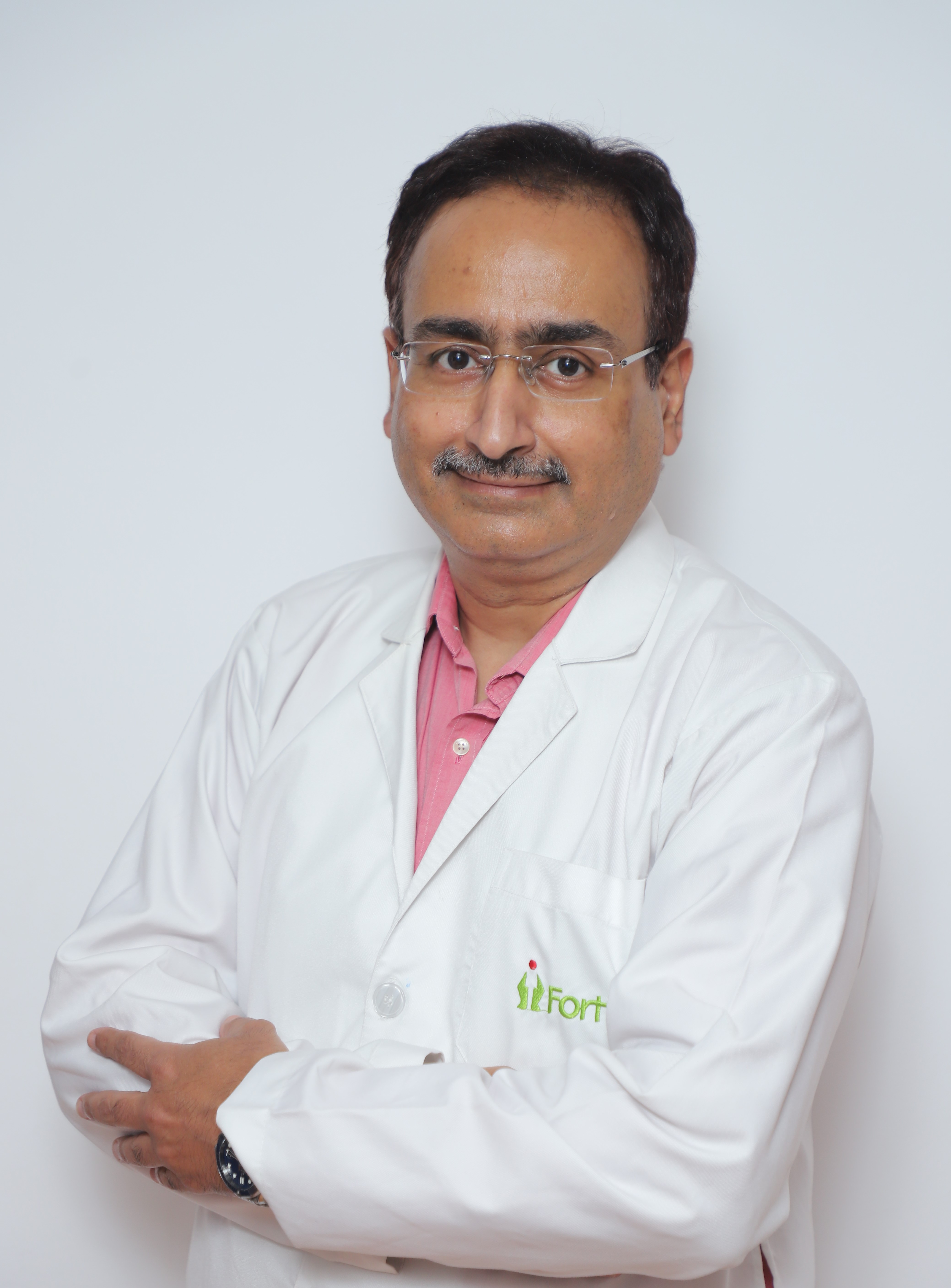
Treating Doctor
Dr Kapil Kochhar
General surgeon- Gallstones, Cholecystitis, Colon Cancer and Bowel Diseases, Inguinal Hernia (in Groin), Cholecystitis, Pancreatic or Duodenal Trauma, Crohn's Disease, Chronic Pancreatitis, Pancreatic Head Cancer, Complicated Acute Appendicitis, Crohn's Disease
Fortis Hospital Noida Noida, India
29 Years of Experience
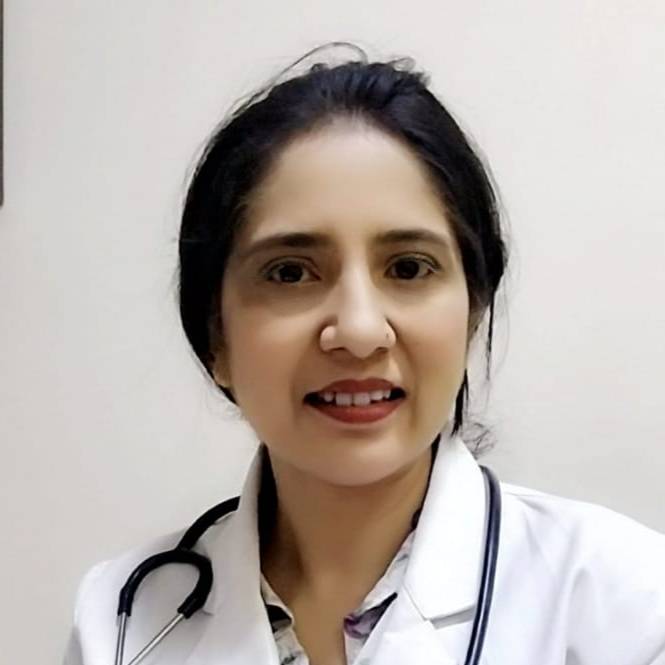
Treating Doctor
Dr Shilpa Verma
Lapasoscopic Surgeon- Laparoscopic Surgery, Laparoscopic Surgery, Rhinoplasty, Abdominoplasty, Abdominoplasty, Rhinoplasty, Piles Surgery, Piles Treatment (Non Surgical), Piles Treatment (Non Surgical), Laparoscopic Surgery, Abdominoplasty, Face Lift/ Rhytidectomy, Rhinoplasty, Piles Surgery, Laparoscopic Surgery, Piles Surgery, Piles Treatment (Non Surgical), Abdominoplasty, Face Lift/ Rhytidectomy, Rhinoplasty, Laparoscopic Surgery, Laparoscopic Surgery
Fortis Hospital Noida Noida, India
21 Years of Experience
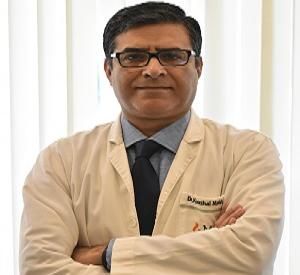
Treating Doctor
Dr kaushal Madan
Gastroenterologist- Piles Treatment (Non Surgical), Gastrointestinal Endoscopic Mucosal Resection, Piles Treatment (Non Surgical), Liver Disease Treatment, Irritable Bowel Syndrome ( IBS ) Treatment, Acidity Treatment, Gastroscopy, Acidity Treatment, Liver Disease Treatment, Gastroscopy, Irritable Bowel Syndrome ( IBS ) Treatment, Irritable Bowel Syndrome ( IBS ) Treatment, Piles Treatment (Non Surgical)
Max Super Speciality Hospital New Delhi, India
31 Years of Experience
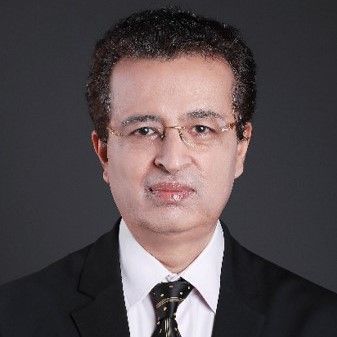
Treating Doctor
Dr Anil Sharma
General surgeon- Hepatobiliary, Hepatobiliary, Gall Bladder Surgeon, Appendix Surgeon, Scarless neck surgery, Bariatric & Metabolic Surgery, Fistula Surgery, Piles Surgery, Diabetes Mellitus, Bariatric & Metabolic Surgery, Weight loss metabolic surgery, Scarless surgery, Cardiomyotomy, Obesity Surgery, Piles Surgery, Fissure, Fistula Surgery, Laproscopic Fundoplication, laparoscopic abdominal and inguinal hernia repair, Treatment of Hernia, Piles Surgery, Thyroid and parotid surgeries
Max Super Speciality Hospital New Delhi, India
27 Years of Experience

